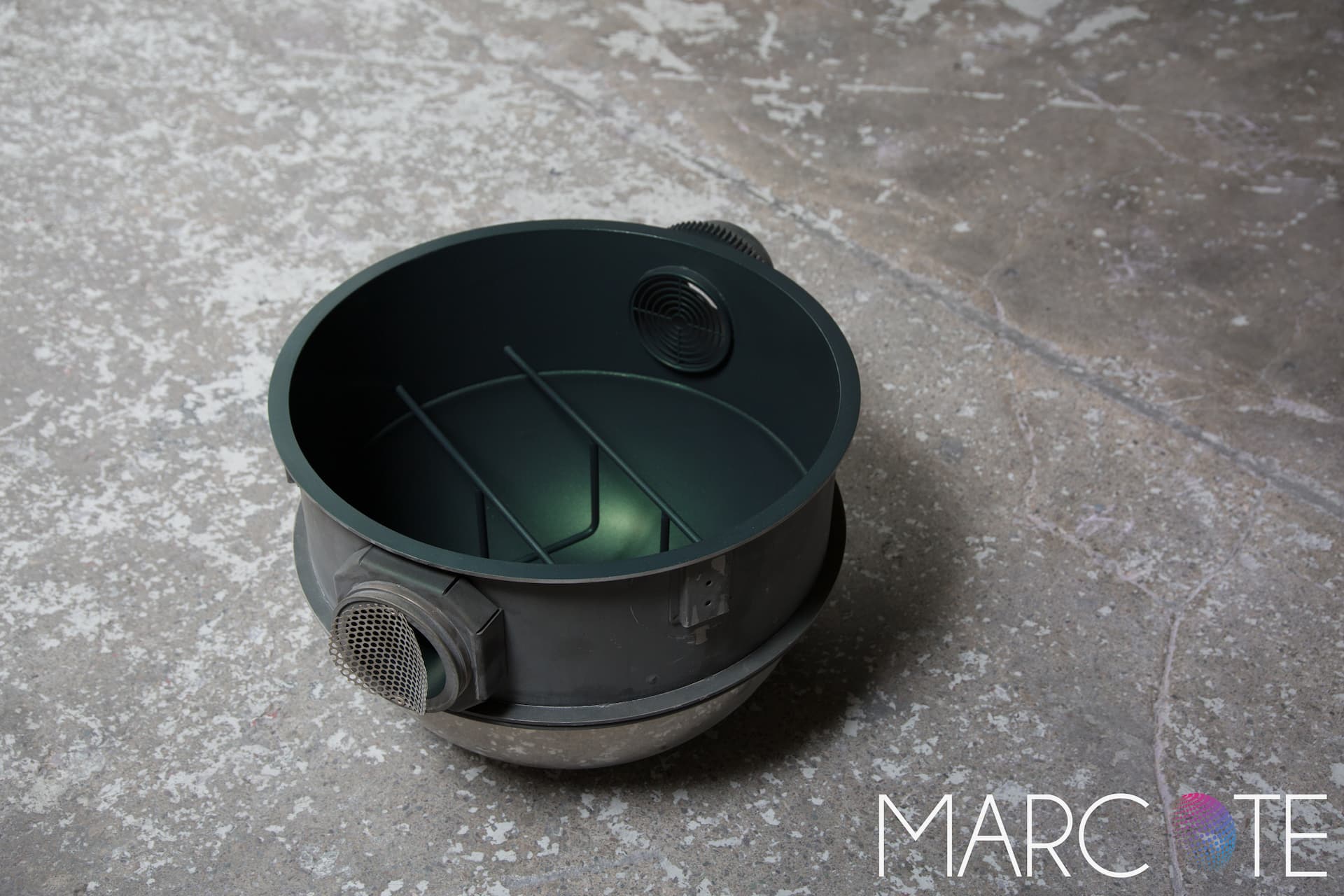If your system needs to be non-stick, to improve production line performance, improve hygiene and make clean down faster, selecting the right surface treatment can feel daunting. There are many things to consider, including which coating is right for the substrate you want to treat, operating temperatures, corrosion levels and load capacity. Here, we will explore how to make choosing the right non-stick coating as easy as possible.
Common misconceptions
Many believe that Teflon and Xylan are both individual and specific coatings, when in fact they are both brand names that cover a very broad range of fluoropolymer coating technologies. Most of which are PTFE polymers, but some are FEP and PFA polymers too.
So, at the beginning of your non-stick coating specification journey, the question shouldn’t be “do I need Teflon or Xylan?” it should be “which polymer in specific is right for my application?”.
Different mechanical qualities require a different compound mix
The beauty of fluoropolymers is that they can be scientifically manipulated to create non-stick coatings with different engineering characteristics, and that’s why it isn’t as simple as “Teflon or Xylan?”.
At the most basic level of specification, there are different coatings within these brand ranges comprising different fluoropolymers and different resins including polyamide-imide (PIA) and polyphenylene sulphide (PPS). After that, there comes the careful, measured addition of additives and fillers to achieve specific mechanical properties such as electrical conductivity/resistance, lubricity, corrosion protection, abrasion resistance or even aesthetic properties like colour.
This may all sound daunting, but don’t panic. The only decision you need to make is which manufacturing partner to work with. It is our responsibility to formulate a non-stick coating that offers the right mechanical and aesthetic properties for your application.
Some common additives used to enhance virgin PTFE
Even in its virgin form, PTFE delivers some outstanding mechanical properties like low friction and impressive chemical resistance. But like all surface treatments, it has its pitfalls. Most commonly, virgin PTFE struggles to meet the strength and stiffness requirements of some applications and there are some common fillers and additives that can improve this. Here are three of the most common:
Glass: Probably the most common filler used with PTFE is glass. It decreases the tensile and flexural strength and increases the compressive strength and overall stiffness of the coating.
Carbon: For a major increase in thermal conductivity, carbon is often added to PTFE in either powder or fibre form. It will also significantly increase compressive strength and stiffness.
Graphite: Added at around 15 percent, graphite significantly increases the flexural modulus, reduces the coefficient of linear expansion and significantly increases the compressive strength. It makes PTFE far more dimensionally stable and has an extremely positive effect on wear. Graphite is often combined with carbon or glass to maximise coating performance.
The only way to choose the right coating, is to choose the right supply partner
In summary, do not ask “which coating is right for me?”, but instead, ask yourself “which applicator is right for me?”. The right applicator will have the expertise and experience to formulate the right non-stick coating, plus the right team to guide you through the specification and application processes.
Choose an applicator with experience in your sector, or one which demonstrates the ability and willingness to understand your application and its variables. Consider lead times, application times and after sales support, and leave the coating selection to your expert partner.
Find out more
You can discover more about Teflon and Xylan on our website or read more about the science behind them in our recent article. To keep up to date with news and insight from Marcote, follow our LinkedIn page.
To discuss your non-stick coating requirements in more detail and receive expert advice on which is the right option for your application, call our knowledgeable team of experts today on 01543 419 904.

